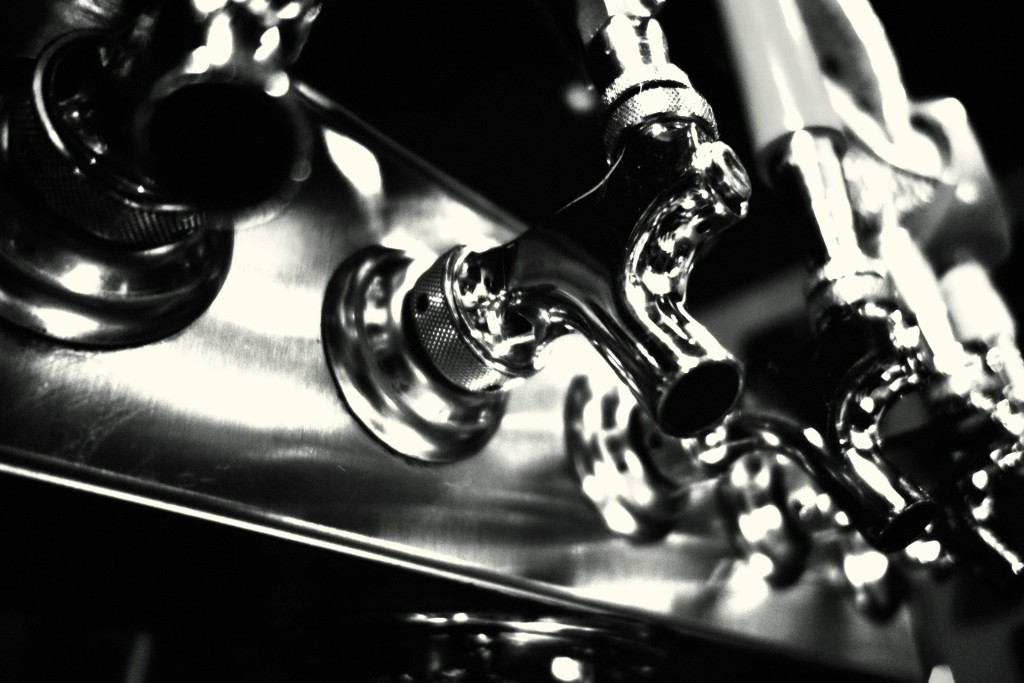
Craft culture has created a revolution in the beverage industry – and that has led to its resurgence as a major job creator in our region.
Colorado ranks second in the U.S. for employment concentration with the fourth largest for overall beverage production employment, according to the Metro Denver Economic Development Corporation (Metro Denver EDC), with 9,760 workers at nearly 240 companies.
Consumers desire a variety of tastes, companies are creating unique, local products and Colorado is a leader in the nation in the craft beverage movement, also ranking second in the nation for the number of craft breweries with 350 craft breweries.
And, its home to one of the largest beer festivals in the world, Great American Beer Festival (GABF), which kicks off this week. Last year alone, GABF created an economic impact of over $35 million, attracted 60,000 attendees, expanded to 800 breweries, and over 7,900 beers entered the competition.
Beverage production has had a long history in Colorado, and has rebounded as major producers and craft artisans alike have grown. And it’s not just beer – from spirits and wine to bottled beverages, coffee, tea and ice – beverage production is big business, and one that’s been recovering since 2007.
“We saw a decline in employment in that entire industry cluster,” said Metro Denver EDC Chief Economist Patty Silverstein. The beverage industry employed 9,000 workers in 2001, which subsequently dropped to 8,000 in 2007 and continued to decrease up until recent years.
The long-standing history of brewing in Colorado and the new emergence of a variety of craft beverages has reinvigorated the beverage industry in the Denver metro area.
“Consumers are broadening their interests,” said Strava Craft Coffee Co-Founder Andrew Aamot. “And we see that continuing with an ever-increasing focus on both local products and localized products.”
A Culture of Craft
The craft trend is dominating the beverage sector. Craft beers generated over $3 billion in the state’s economy – nearly tripling its impact since 2014. And, craft beer contributed to $67.8 billion to the U.S. economy in 2016.
Consumers are opting for craft because of their local flair, quality ingredients or variety of style offerings. They are asking for a uniqueness to their beverages, and Colorado is listening.
Home to more than 10 percent of the nation’s craft breweries and Colorado produces 1.4 million barrels annually.
“The craft beer industry is definitely growing at an incredible rate, and I think it has a lot to do with the amount of craft breweries out there producing exceptional beer and really raising the bar for the rest of the beverage industry,” said Jagged Mountain Craft Brewery General Manager Chad Bratt.
Other facets of the beverage industry are taking notice of the craft trend. Coffee and tea account for 6.9 percent of the beverage production employment in the metro Denver region. Consumers want more flavors in their cup and they take pride in what they drink, where it came from and the story behind each sip, said Strava’s Aamot.
“We love and have tremendous respect here in Denver for our locally created craft products and we will drink to our hearts content,” Aamot said. “(Denver) is really leading the nation in many ways, in innovation and quality of the craft beer side, and we believe that the craft coffee industry is following the same trajectory.” Strava co-founder Kevin Crowley agreed.
“Farmers take a lot pride in their craft, cafés take a lot of pride in serving that cup of coffee,” he said. “We are right in the middle of all that pride, roasting that coffee.”
Blending History with the Future
The craft boom is just one piece of beverage production’s history in Colorado. MillerCoors has called Colorado home for 140 years. The largest single brewery in the world, the MillerCoors’ brewery in Golden produces up to 10 million barrels of beer a year.
“We’re proud to know that when people think of our products and our home, they think of the Rocky Mountains. We wouldn’t want it any other way,” said National Community Affairs Manager Gloria Schoch for Moslon Coors/MillerCoors.
As consumer’s taste buds evolve, the brewery giants like MillerCoors are evolving right along with craft beers like Blue Moon.
“Our philosophy is rooted in good people and quality beer,” said Schoch. “The craft industry boom has led to a huge expansion of breweries throughout the country and specifically in Colorado. And while this
phenomenon is a positive for the consumer, it also can benefit a company like ours as we welcome consumers into the beer category who may not have previously tried our great brands.”
And with a focus on craft, beverages may make an impact on more than just the economy, said economist Silverstein: “(The beverage industry) is an industry that is helping to solidify the metro Denver region as one of those areas that attracts tourist activity and new residents because of the community personality associated with craft breweries.”
Laura James is the senior marketing and communications specialist for the Denver Metro Chamber.
